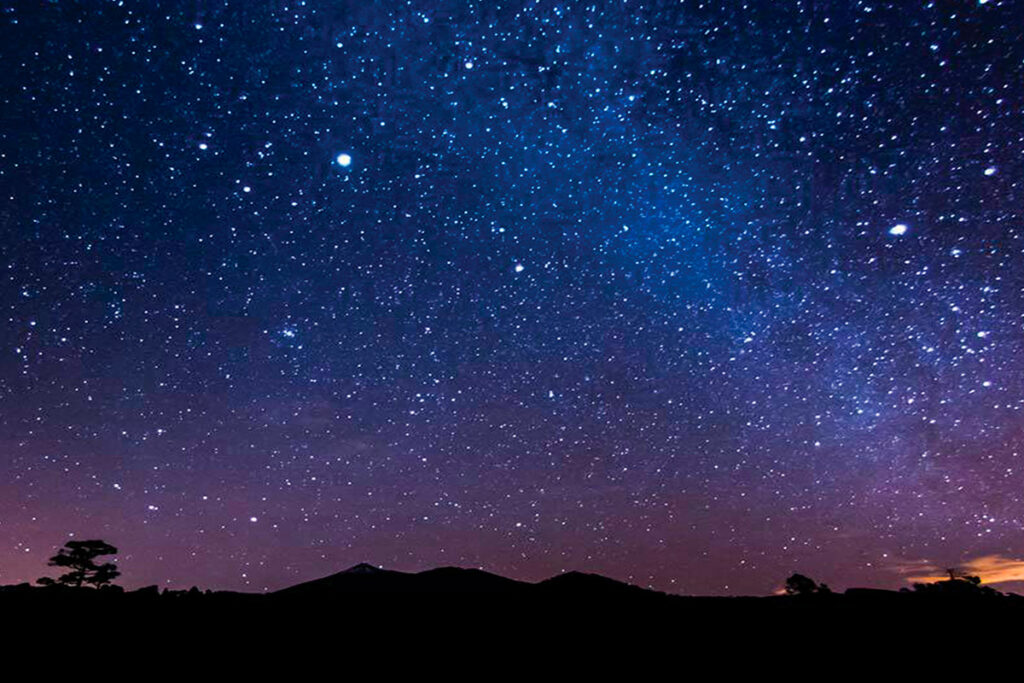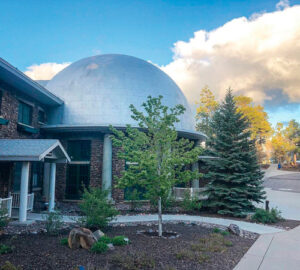Lowell Observatory is located approximately two and a half hours from the Valley in Flagstaff, Ariz. A trip to the northern part of the state provides cool temperatures, soaring ponderosa pine trees, and appealing cosmic offerings to escape the hot temperatures this month.

Curious minds can experience a celestial refuge this summer at Lowell Observatory. This iconic destination, established in 1984, is rich in history and awaits your findings. Astronomy lovers and enquiring minds alike will appreciate the narration of scientific discovery through interesting engagements. The Lowell Observatory invites visitors to explore the cosmos, discover Pluto’s secrets, and be part of astronomical history.
While on the campus of the observatory, you will observe a collection of famous, advanced telescopes that unveiled the universe.
These include:
- The 4.3-meter Lowell Discovery Telescope (LDT) that stretches to the skies as the fifth-largest optical telescope in the United States. The innovative design and technology of this scope allows astronomers to explore distant galaxies.
- The Pluto Discovery Telescope is also onsite. Learn about how Clyde Tombaugh used an ordinary instrument to discover Pluto back in 1930.
- The historic 24” Clark Refractor Telescope, which once inspired Percival Lowell’s search for life on Mars, remains in place to provide out of this world views of the cosmos.
Part of the fascination of Lowell’s Observatory is its location. The site, in Flagstaff, was chosen for its high altitude (7,000 feet), few cloudy nights, and its distance from city lights. Today, the city continues its efforts to preserve dark skies and limits light pollution. In 2001, Flagstaff was named the world’s first International Dark Sky City. This effort makes a wonderful backdrop for viewing the night sky.
During your visit to Lowell’s Observatory, you will be invited to explore exhibits, attend science demonstrations, and join in constellation tours for a day, and night, you will soon not forget.
General admission allows visitors an all-day access pass to 127 years of planetary discovery. Take advantage of the all-day pass by planning to arrive early. Leisurely enjoy the campus exhibits and take part in demonstrations. Visitors can break away for a drive, down the winding Mars Hill, where a variety of eateries, like Macy’s Fresh Roasted Coffee and Josephine’s Modern American Bistro await you, just three miles from the observatory campus. After your city break, return to Lowell’s Observatory, during the evening hours, for dark sky experiences.
August events include Meet an Astronomer and Meet a Planetary Scientist. Please check the website for dates and times at https://lowell.edu/visit/experiences.


